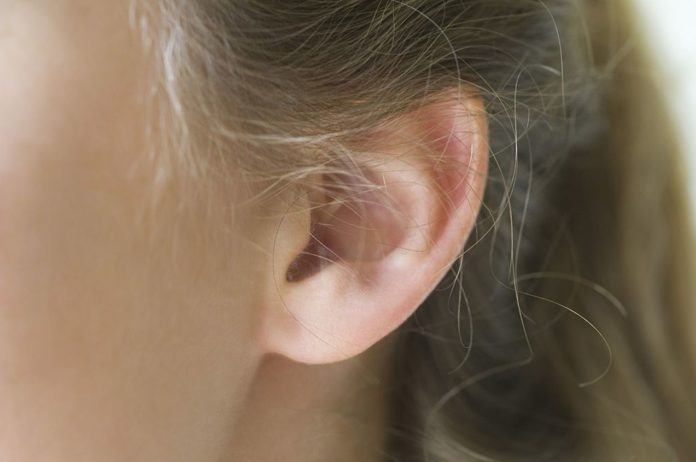Many Covid-19 patients have complained of ear problems such as hearing loss and tinnitus. Dizziness and balance issues have also been reported, implying that the SARS-CoV-2 virus can infect the inner ear.
The virus can infect cells of the inner ear, including hair cells, which are important for hearing and balance, according to a recent study from MIT and Massachusetts Eye & Ear.
The researchers also discovered that the infection pattern shown in human inner ear tissue matches the symptoms described in a study of ten Covid-19 patients who complained of a variety of ear-related problems.
The researchers developed new cellular models of the inner ear for their studies that are extremely difficult to recreate.
“Having the models is the first step, and this work opens a path now for working with not only SARS-CoV-2 but also other viruses that affect hearing,” said Lee Gehrke, who co-led the study.
Ear infection models
Before the Covid-19 outbreak, Gehrke and the study’s primary author, Konstantina Stankovic, began collaborating on a project to establish cellular models for studying human inner ear infections. Viruses like the cytomegalovirus, the mumps virus, and the hepatitis virus can cause deafness, although the mechanism is unknown.
After the SARS-CoV-2 virus was discovered in early 2020, the researchers changed their plans. Stankovic began examining patients with hearing loss, tinnitus, and dizziness who had tested positive for Covid-19 in Massachusetts.
“It was very unclear at the time whether this was causally related or coincidental, because hearing loss and tinnitus are so common,” she says.
She and Gehrke decided to research SARS-CoV-2 infection using the model system they were working on. They developed their cell models by transforming human skin cells into induced pluripotent stem cells.
They were then able to trigger those cells to differentiate from hair cells, support cells, nerve fibres, and Schwann cells, which insulate neurons, which are all found in the inner ear.
The researchers discovered that particular types of cells (hair cells and Schwann cells) display the proteins required for the SARS-CoV-2 virus to enter the cells in both human inner ear samples and stem cell-derived cell models.
The ACE2 receptor, which is located on the cell surface, as well as two enzymes named furin and serine transmembrane protease 2, which assist the virus merge with the host cell, are among these proteins.
The researchers eventually discovered that the virus may infect hair cells and, to a lesser extent, Schwann cells in the inner ear. They also discovered that SARS-CoV-2 infection did not affect the other cell types in their experiments.
The team looked at vestibular hair cells, which are responsible for perceiving head movement and maintaining balance.
Hearing cells, known as cochlear hair cells, are even more difficult to get or create in a cell model.
However, they discovered that the mice’s cochlear hair cells contain proteins that allow SARS-CoV-2 to enter.
Image Credit: Getty
You were reading: COVID infection can harm cells of the inner ear
